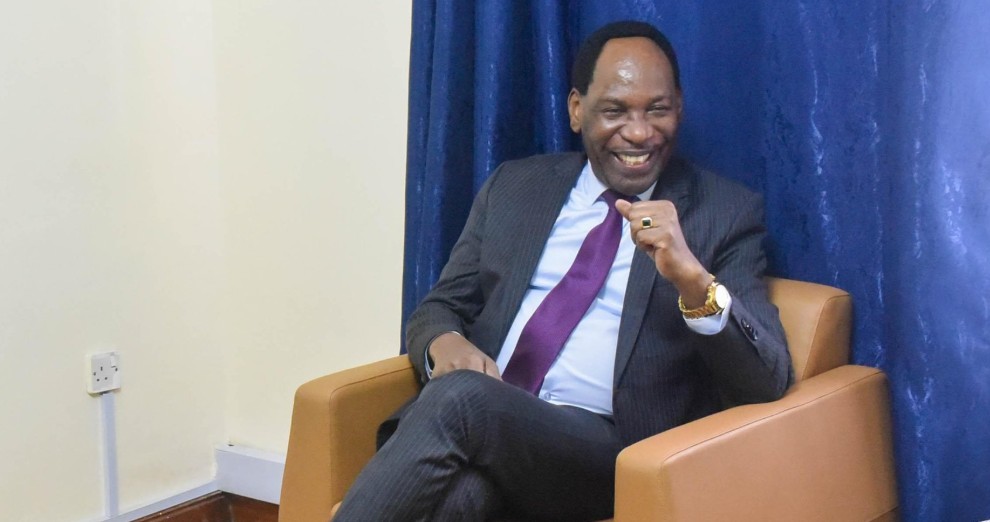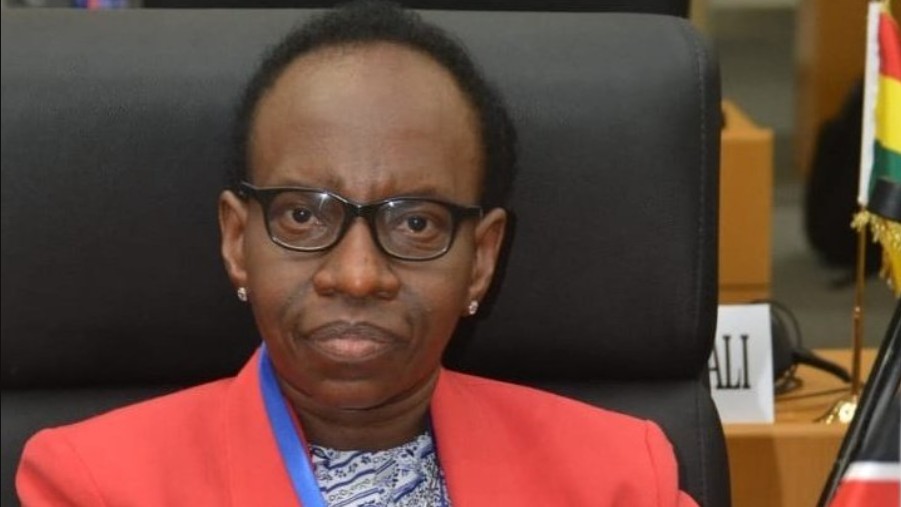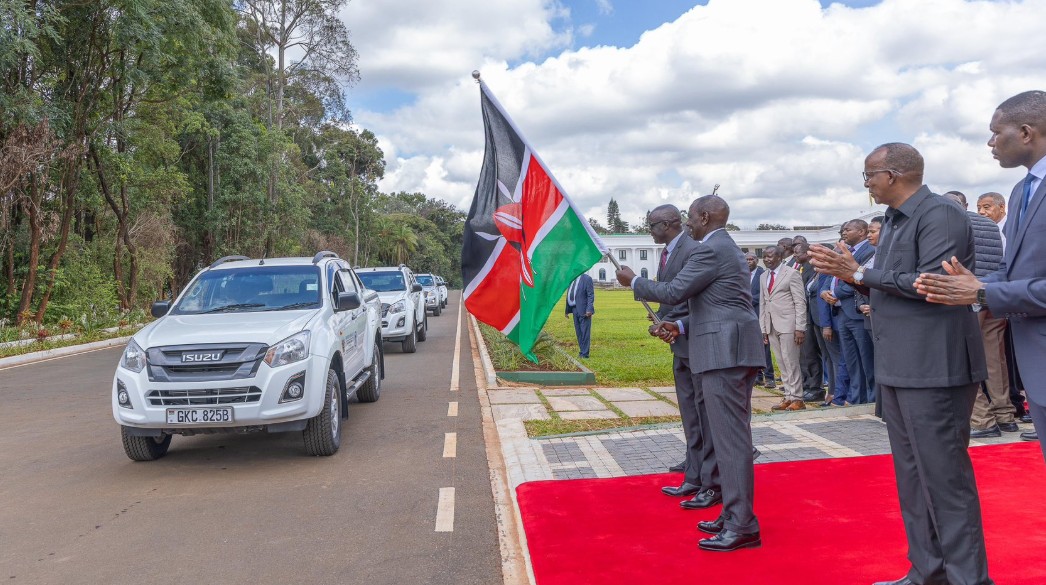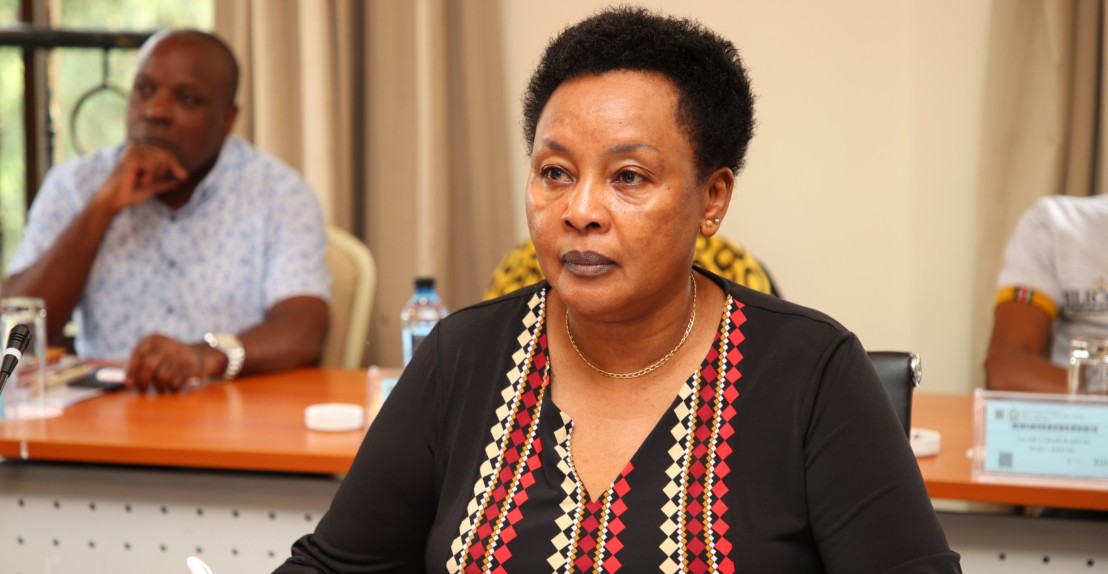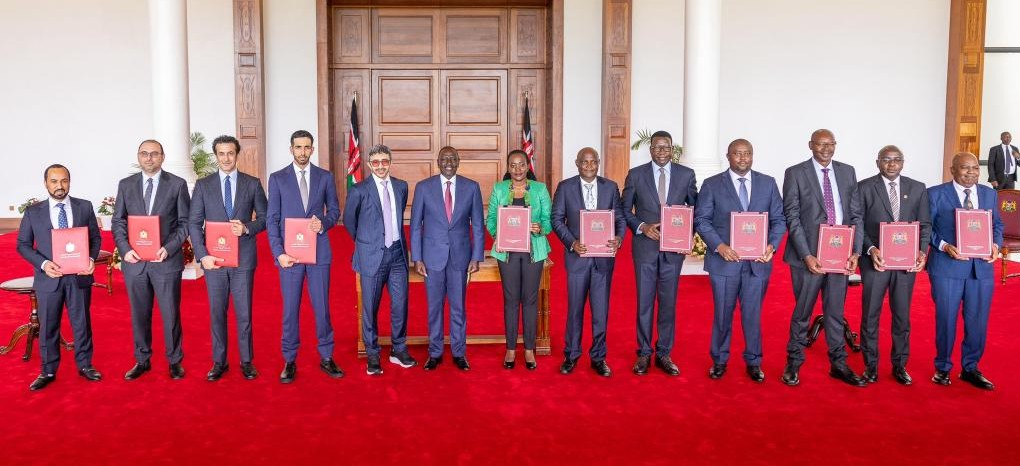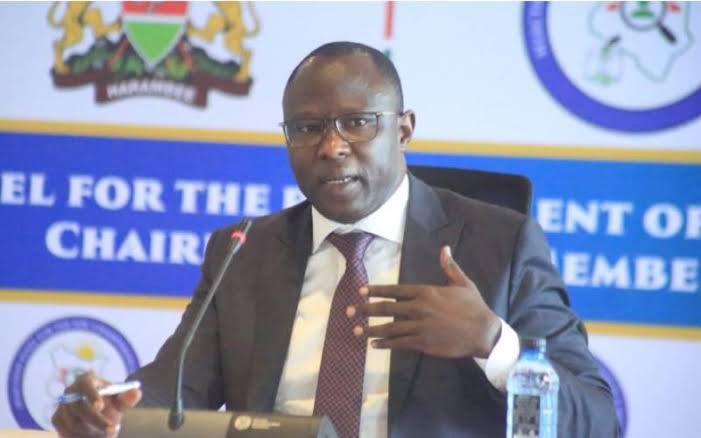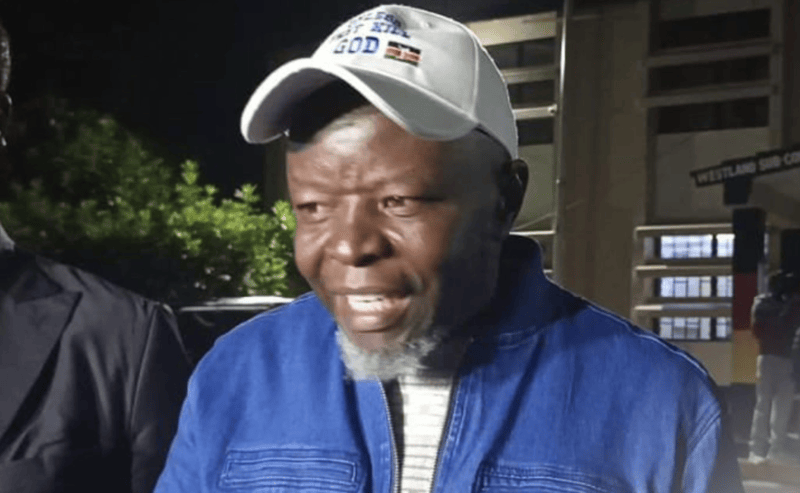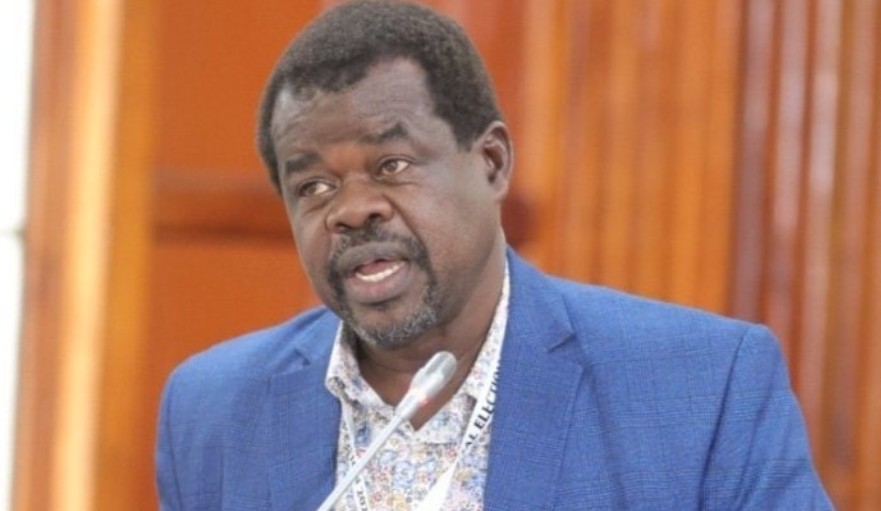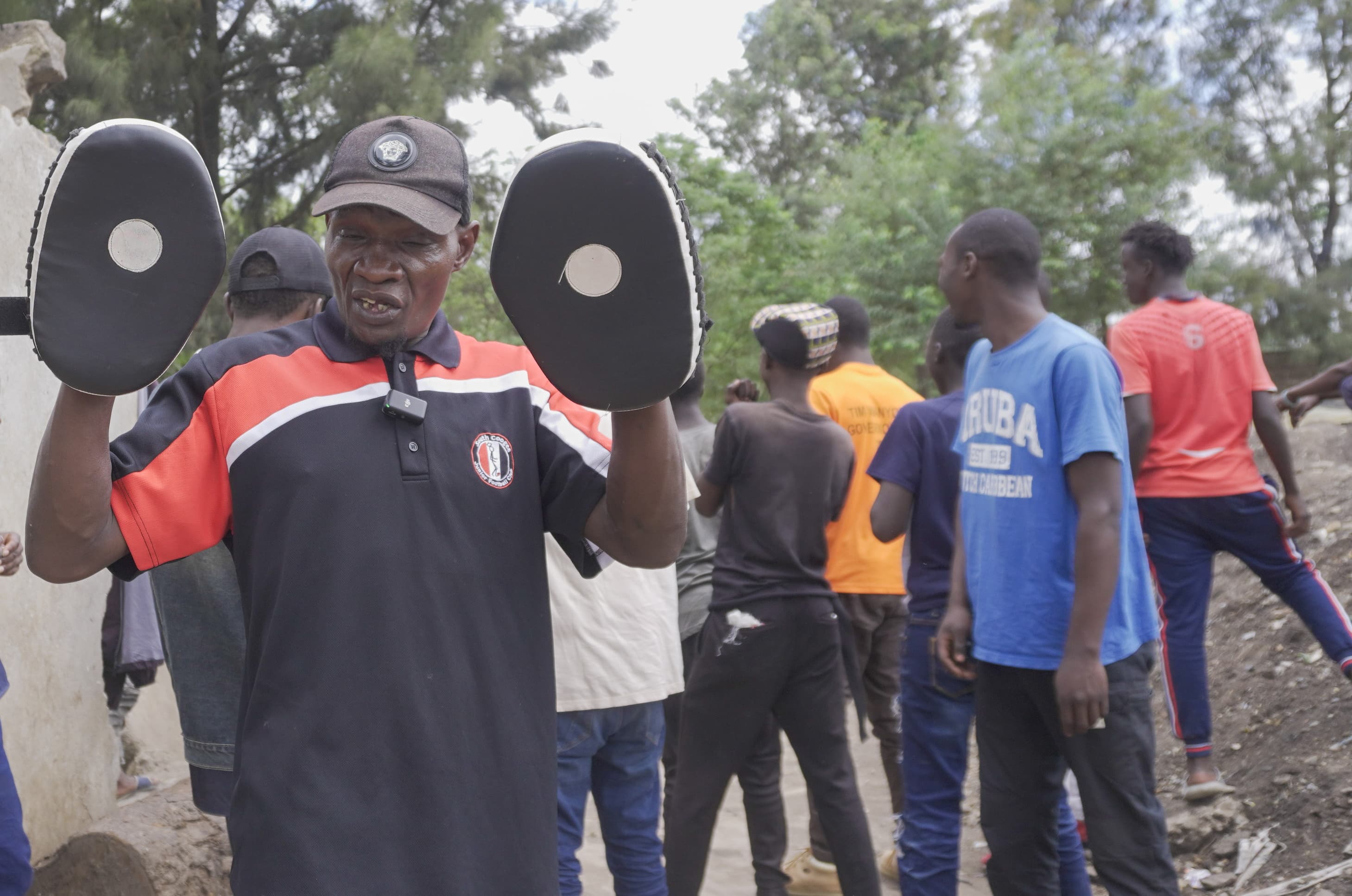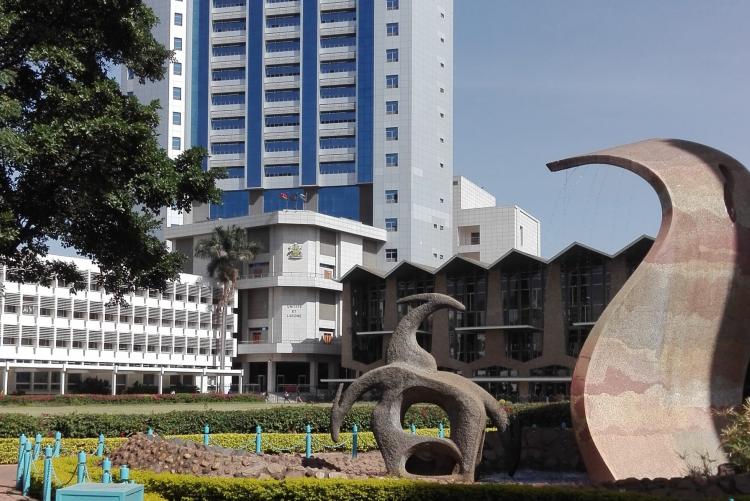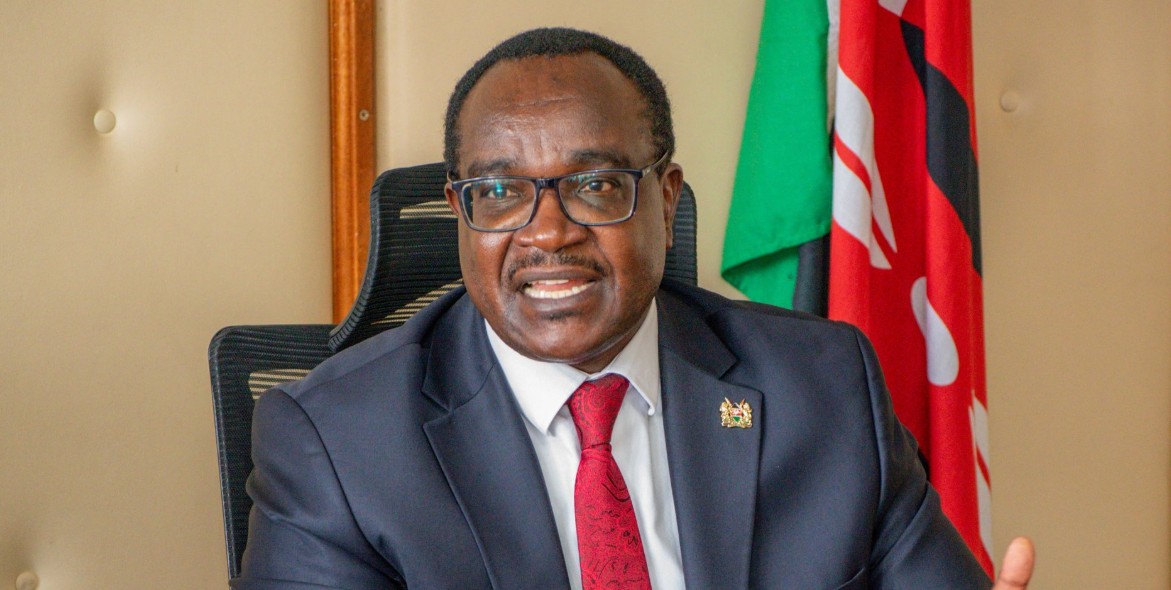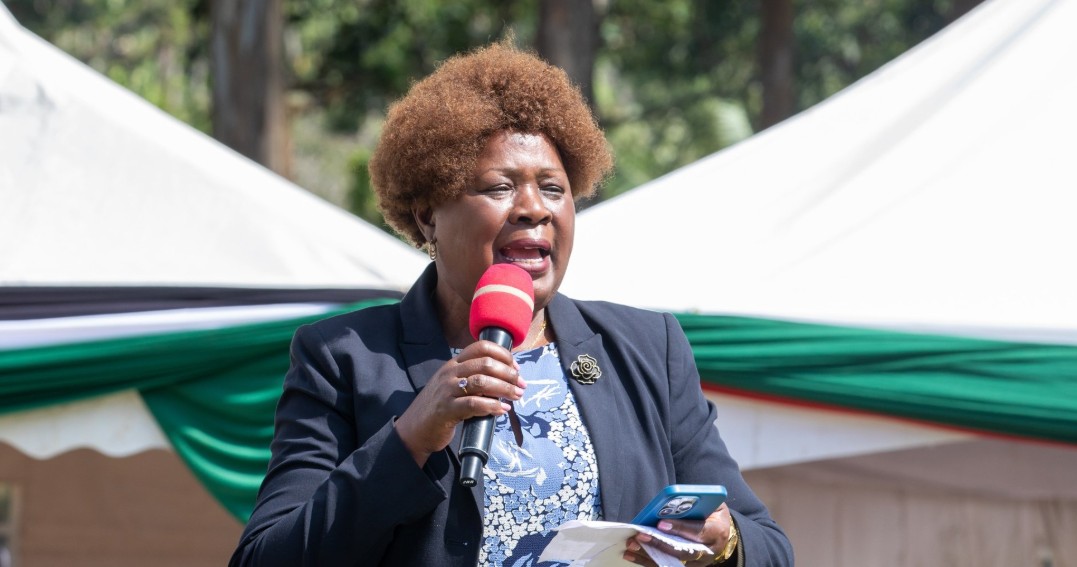State withdraws proposal on varsity placement for gov't-sponsored students
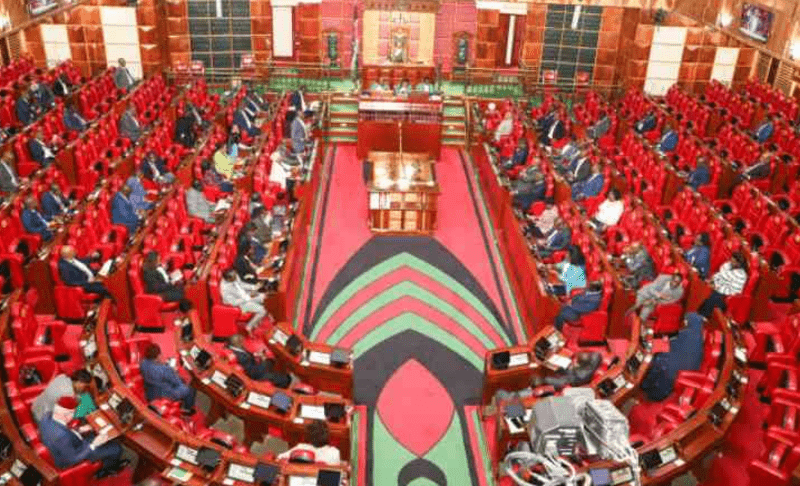
Currently, students have the option to enroll in both public and private universities under the existing framework.
The government has withdrawn a proposed amendment seeking to change how government-sponsored students are placed in universities and colleges.
The proposed change to Section 56(1)(a) of the Universities Act, 2012, would have restricted government-sponsored students to public universities, excluding them from joining private institutions.
More To Read
- Kenya’s basic education institutions surge by 39pc in 2024 as junior schools drive expansion
- Government allocates extra Sh45bn to KDF, teachers and police in 2025/26 budget
- Public schools to receive Sh21 billion capitation funds from Monday
- Inside Sh39 billion new funding to boost refugees’ education in Africa
- TSC: Over 360,000 teachers face healthcare uncertainty as SHA declines onboarding
- National schools to offer all three CBC career pathways starting 2026
Currently, students have the option to enroll in both public and private universities under the existing framework.
The amendment was intended to increase opportunities for students from various backgrounds and alleviate pressure on underfunded public universities.
However, the proposal, sponsored by Khwisero Member of Parliament Christopher Aseka, sparked extensive discussion and scrutiny among lawmakers and education stakeholders.
It was realized that, even with the proposed change, government-sponsored students would still be placed in private universities and colleges by the board responsible for their placement.
Moreover, the amendment would have led to privately sponsored students being placed in public institutions, complicating the allocation process.
This unintended consequence raised concerns that the proposed amendment could exacerbate the difficulty for government-sponsored students to access public universities and colleges.
Furthermore, there were fears that the amendment might contradict the government's objective of ensuring equitable access to higher education, especially for vulnerable students.
Critics argued that a uniform policy could widen the gap between student groups and hinder efforts to promote inclusivity in higher education.
In response to these concerns, Majority Leader Kimani Ichungw’ah, in consultation with the Ministry of Education, opted to withdraw the proposed amendment to facilitate further consultations.
“The move reflects a commitment to undertake a more comprehensive review of the Universities Act, of 2012, to ensure that any legislative changes align with the government's overarching policies and objectives in the education sector,” Ichungwah said.
Speaker of the National Assembly Moses Wetang'ula consented to remove the proposed changes from the Bill, acknowledging the request from the majority leader.
“I wish to notify the House that I have received a request from the leader of the majority seeking my consent for the withdrawal of the proposed amendment as contained in the Bill,” Wetang'ula said.
“I have acceded to the request by the leader of the majority to withdraw the provision as contained in the Bill.”
The withdrawal of the amendment highlights the significance of engaging stakeholders and fostering collaboration in developing education policies that serve the interests of all students and institutions.
Top Stories Today

